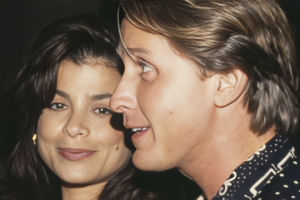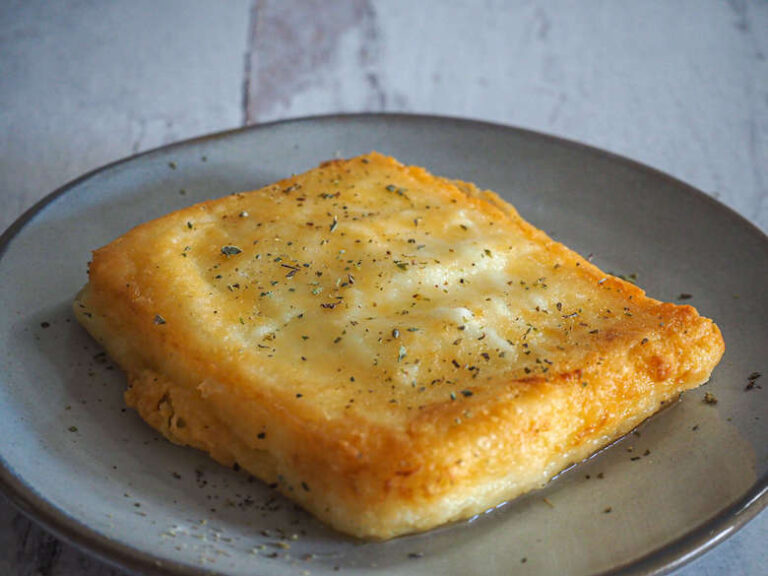Crossword puzzles have captivated the minds of enthusiasts for decades. Among the many challenges presented in these puzzles, clues like “absolute junk NYT Crossword“ stand out as intriguing enigmas. They push solvers to stretch their thinking, exploring language in creative and unexpected ways. Let’s dive into how such clues enrich the crossword-solving experience and why they’re more than just words on paper.
Clues
Crossword clues often come in different forms—straightforward, cryptic, pun-laden, or even deceptive. A clue like “absolute junk NYT” invites solvers to think beyond the literal. The phrase might seem dismissive at first glance, but it’s likely rooted in clever wordplay or an indirect hint.
In the world of crosswords, “absolute junk” could signify several things:
- A deliberately incorrect or misleading entry.
- A term rarely used in modern language.
- A play on synonyms or homonyms to catch the solver off guard.
For instance, in some cases, the answer might involve slang, an obscure cultural reference, or even an outdated idiom. Recognizing these possibilities is key to cracking such clues.
Language
Language in crossword puzzles is both a tool and a playground. Editors and creators of puzzles, especially at esteemed outlets like The New York Times, use words in ways that test a solver’s knowledge, wit, and patience.
Wordplay
Crossword puzzles thrive on wordplay. Clues like “absolute junk NYT” may hinge on:
- Anagramming: Rearranging letters in the clue.
- Double Meanings: Words that have more than one definition.
- Puns: Clever or humorous plays on words.
For example, “junk” could refer to literal trash or maritime vessels known as junks, depending on the puzzle’s theme. This ambiguity is intentional and part of the challenge.
Obscure Terms
Puzzles often feature archaic or uncommon words to increase difficulty. Solvers may encounter terms from:
- Literature
- History
- Science
To solve these, a robust vocabulary and a willingness to research are invaluable.
Strategies
When tackling a tricky clue like “absolute junk NYT”, it’s helpful to employ certain strategies. Here are a few tips:
Context
Look at the surrounding clues. The theme of the puzzle, the length of the answer, and intersecting words can provide valuable hints.
Elimination
If a clue feels impossible, move on to others and return later. Filling in easier answers often reveals letters that narrow possibilities for tougher clues.
Tools
Modern solvers have access to resources like:
- Crossword dictionaries
- Online forums
- Apps that generate possible answers
Using these sparingly can enhance your understanding without detracting from the challenge.
Themes
Themed puzzles often give solvers subtle hints about how to approach difficult clues. For example:
- Pop Culture Themes: Clues might reference movies, music, or celebrities.
- Historical Themes: Answers could include dates, events, or figures.
- Wordplay Themes: Focused on puns or linguistic twists.
In puzzles featuring “absolute junk,” the theme might revolve around refuse, recycling, or even pirate ships. Recognizing the broader context can be a game-changer.
Challenges
What makes clues like “absolute junk NYT” particularly challenging? It often boils down to:
- Ambiguity: The clue’s meaning may not become clear until after solving.
- Obscurity: Rare words or niche references.
- Misdirection: Clues that lead you down the wrong path intentionally.
While these challenges can be frustrating, they’re also what make crossword puzzles so rewarding. The sense of accomplishment after solving a tough clue is unparalleled.
Evolution
Crossword puzzles have evolved significantly over the years. Earlier puzzles leaned on straightforward clues, but modern ones—especially those in the NYT—have embraced complexity and creativity. This evolution has:
- Broadened the audience for puzzles.
- Encouraged collaboration among solvers.
- Inspired a new generation of puzzle creators.
Clues like “absolute junk NYT” exemplify this trend, showcasing how puzzles challenge traditional thinking.
Fun
Despite the challenges, crossword puzzles are ultimately about fun. Solvers enjoy:
- The thrill of discovery.
- Learning new words and facts.
- Competing with friends or family.
Even when stumped by clues like “absolute junk NYT,” the process itself can be enjoyable. It’s a mental exercise that combines knowledge with creativity.
Community
The crossword-solving community is vibrant and supportive. Online forums, social media groups, and local puzzle clubs allow solvers to:
- Share tips.
- Discuss challenging clues.
- Celebrate milestones.
Engaging with this community can deepen your appreciation for the craft of puzzle-solving.
Conclusion
Clues like “absolute junk NYT” demonstrate the ingenuity behind crossword puzzles. They challenge solvers to think creatively, embrace ambiguity, and expand their linguistic horizons. Whether you’re a novice or a seasoned solver, tackling such clues is a journey of discovery that’s as rewarding as it is challenging.
So the next time you encounter a seemingly perplexing clue, remember: it’s not just about finding the answer. It’s about enjoying the process, exploring the possibilities, and celebrating the art of language.

















